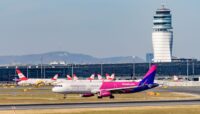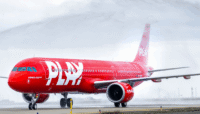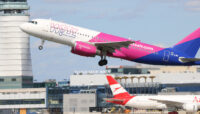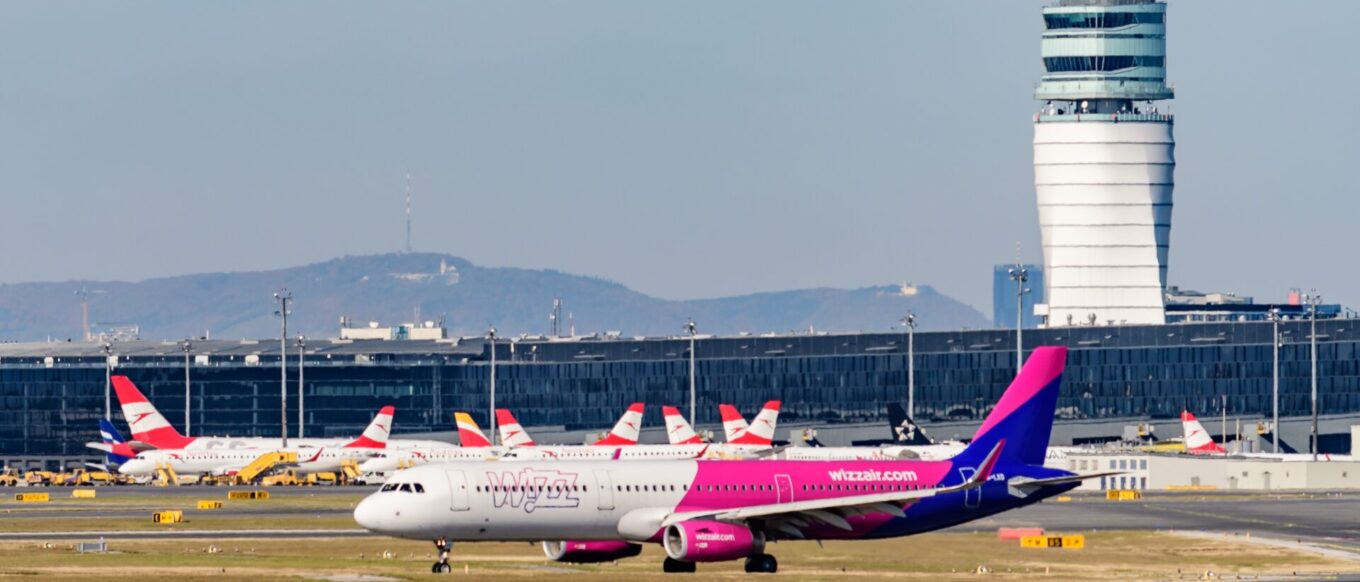Passengers on a Wizz Air Airbus A320 experienced an unexpected detour in the early hours of Monday morning when their flight was forced to land in Vienna instead of continuing its planned journey.
A Sudden Change of Plans
The aircraft, operating from Tirana to London, was already cruising through Central Europe when the crew declared a medical emergency. Initially, the flight path was adjusted toward Zagreb. However, after reassessing the situation, the crew opted for Vienna–Schwechat Airport, where medical services could respond more quickly.
At 05:01 local time, the A320 touched down safely in Vienna, where emergency personnel were waiting to provide immediate assistance.
Why Vienna?
When an inflight medical issue arises, crews weigh multiple factors before deciding on a diversion: distance to alternate airports, runway length, medical facilities available, and even weather conditions. In this case, Vienna was the best choice to ensure the passenger could receive rapid treatment.
A Reminder of Everyday Challenges in Aviation
Although aviation headlines often focus on technical malfunctions or disruptive passengers, medical diversions are one of the most common unscheduled events for airlines. They rarely make the news, but they show how quickly a routine flight can change course. For pilots, dispatchers, and controllers, these moments highlight the constant balance between operational efficiency and passenger safety.
Looking Ahead
Wizz Air has announced it will soon scale back its presence in Vienna, closing its base in the Austrian capital this October. Ironically, this emergency landing comes just weeks before the airline’s retreat from the city.
For the passengers of this flight, however, the focus wasn’t on network changes or schedules—it was on the professionalism of the crew and the relief of arriving safely, even if not at the airport they had expected.








